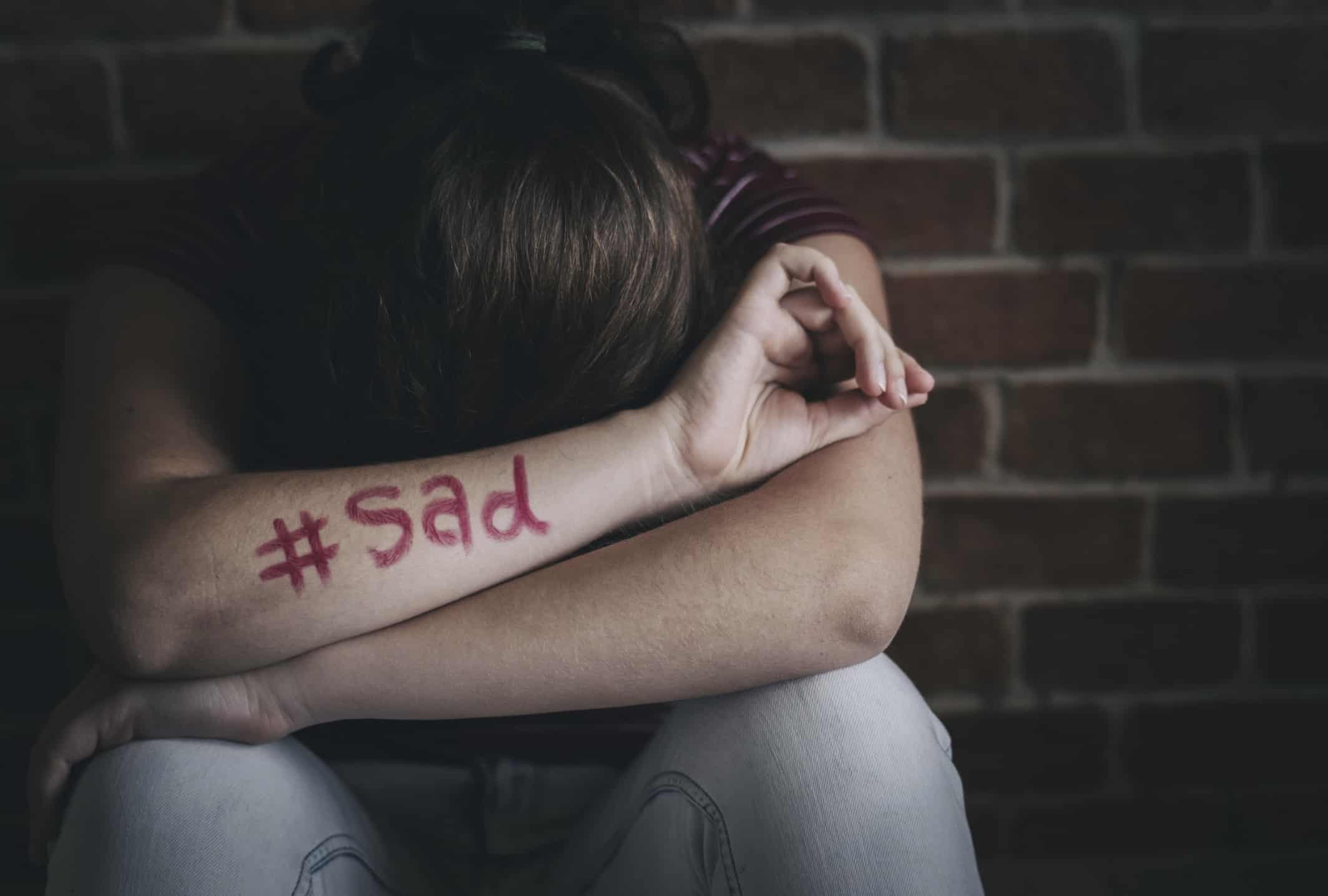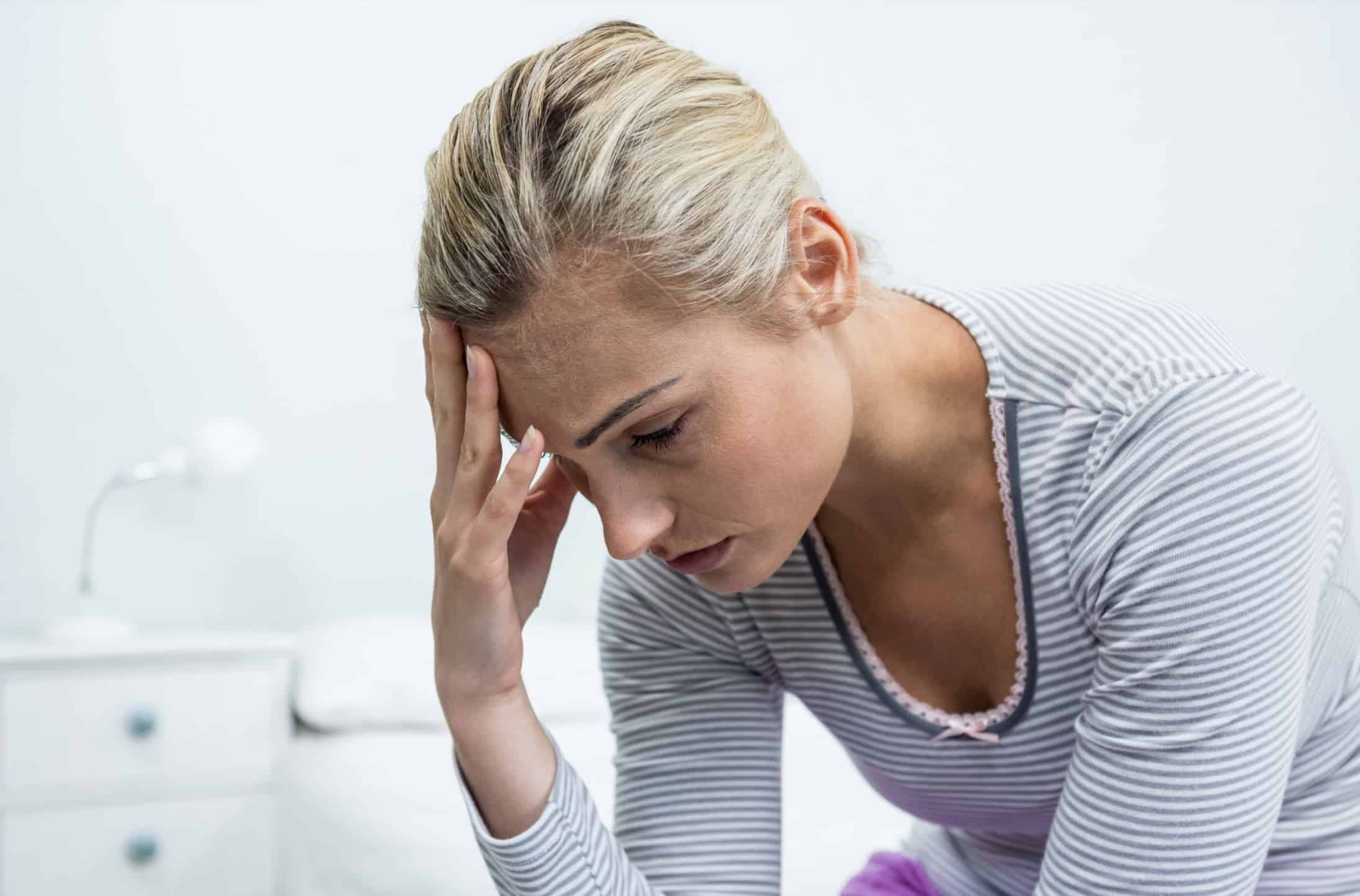While everybody feels sad, moody, and low from time to time, some people, regardless of age, experience these feelings intensely for many months or even years. More often than not, these feelings can occur without any apparent reason. Depression is more than feeling sad or being not in the mood. Knowing how depression affects a person’s well-being is important to diagnose proper treatment and medications.
Chapter Overview
Knowing Depression
Considering how big its scope, you might wonder, ‘What is depression?’ Depression is a disorder causing a persistent feeling of sadness. It’s a serious condition affecting both mental and physical health. Major events in life such as losing a loved one, loss of employment, poverty, and other unusual circumstances can lead to this. Some sad feelings are only considered to be depressed if they only persist for too long, and if not treated, it can take a long time to heal. Worse, cases not prevented can lead to death.
The well-being of the body and mind is interconnected and depending on each other. When your body is weak or in pain, your mental capacity is affected. Likewise, if your mental health is impaired, it’ll affect your physical health. Depression is a disorder affecting how you feel and react to everyday circumstances. If you’re depressed, it can cause a marked decline in the interest of living your life to the fullest and it can even drive you to commit suicide if left untreated.
Depression is the most reported mental disorder across all parts of the world. For instance, in the United States, more than 26% of adults are mentally depressed. Though most people think it affects only the mind, it can affect your body as well. Some of the physical effects of depression are fatigue, pain, restlessness, stomach upset, among others. You may experience these symptoms due to many reasons, and depression isn’t an exception.
Also, some medications used to treat depression can have side effects. Sexual dysfunction and nausea are some of these. Some of the common effects of depression are explained below. Read on to get enlightened.

Stomach Upset
If you’re depressed, you may experience some stomach problems such as constipation, nausea, and diarrhea. These symptoms might have been caused by a neurotransmitter in the brain and the hormone serotonin. This brain chemical produced in the gut is believed to regulate mood, so it’s linked to depression. Serotonin also plays a significant role in maintaining the digestive system.
Several studies are still underway to find out the connection between the gut and the brain, which could reveal how the digestive system is connected to the brain. Apart from the serotonin chemical, some microbes in the gut are also believed to influence mood, which directly impacts depression.
Body Pain
More often than not, most people with depression may experience some pain in their back and joints. Sometimes, the ache might be chronic and can be felt all over the body. Several researchers are trying to find out the relationship between physical pain and depression. One study has revealed both can be caused by dysregulation of neurotransmitters like serotonin and others.
If anyone has depression and feels pain simultaneously, they can be relieved of it temporarily if they take antidepressants. Antidepressants are enzymes influencing the reuptake of norepinephrine and serotonin in the brain to ease negative thoughts.
Another study carried out in 2015 showed depressed persons might feel pain at different levels. The study further found people suffering from major depression experienced a lower level of pain than people who had no depression.
In 2017, another research on depression and pain was carried out. The research found most common pains like back pain in adults could be linked to depression. These researchers concluded depressed people are more likely to experience back pain than people who aren’t depressed.
Insomnia
When you go to a doctor or a mental health expert to diagnose depression, your sleeping patterns are the most common symptoms they look for. People with depression often experience poor sleeping patterns ranging from struggling to fall asleep, staying asleep, failure to get a restful night, or even sleeping too much.
The connection between sleep and depression goes both ways. Depression can cause sleeping disorders and having trouble sleeping increases the chances of being depressed. Some studies have found disturbances in circadian rhythm may cause depression as having a disruption in it can interrupt your sleep.
High Blood Pressure
On most occasions, prolonged stress can cause depression, and if you don’t treat it at an early stage, it might lead to high blood pressure. Chronic stress, in particular, is linked to elevated high blood pressure, increasing one’s risk of cardiovascular diseases like stroke and heart attack.
Several studies have been carried out to determine the relationship between depression and cardiovascular diseases and have found out the former is a key contributor to the latter.
Fatigue
There’s no doubt you’ll feel fatigued when you’re depressed no matter how much you rest. Most of the time, you’ll feel lazy to get out of bed or perform your normal daily activities. Though lack of energy in your body can cause a poor sleeping pattern, studies have found a strong relationship between depression and fatigue.
Fatigue is one of the major symptoms of depression that’s difficult to treat. A 2010 study showed even after treating a group of people suffering from depression, fatigue persisted in almost 80% of them. Depression can be managed by clearly addressing fatigue problems.
Weak Immune System
Depression or prolonged stress can weaken your immune system. If your immune system isn’t working optimally, it means you’re more likely to fall sick, and it can take a long time to feel better. Some infections like cold fever aren’t dangerous, but if your system is weak, it puts you at risk of contracting an infection or a disease harder to treat.
Appetite And Weight Changes
A person with depression can gain or lose appetite, and it can fluctuate without being sure of the reason why. One can gain weight due to emotional eating, a mechanism to self-medicate feelings of sadness. This can lead to a lot of weight gain leading to health complications associated with obesity.
The link between depression and weight might greatly depend on your body mass index. For instance, particular research carried out in 2019 found a strong link between depression and higher amounts of body fat mass.
Depression can also cause someone to lose weight caused by loss of appetite, energy, and mood to prepare food for themselves. Also, most people with eating disorders have been found to have depression. Researchers found malnutrition might result from eating insufficient food. People who don’t get enough food are at a higher risk of getting depression.
Depression: Sexual Health
Both men and women equally experience sexual problems when they’re depressed. When you have depression, you can lose sexual desire, take a long time to orgasm, or find sex less fun. Sexual arousal starts with the ability to anticipate pleasure, which is lost when you’re depressed.
People with depression experience low libido and have poor sexual health. A decrease in libido also reduces the pressure associated with orgasm or makes it difficult to reach climax.
Depression: Mental Health
According to WHO, depression is a widespread health condition with both physical and mental effects being tied to the health of the brain and memory. One of the cognitive effects of depression is loss of memory or lack of ability to recall something.
Most older people who have depression may suffer from a sense of sluggishness in their minds while others may feel disturbed, restless, and agitated. Though mental effects are reported mainly by adults, the condition can affect people of all ages, including children. You can manage these effects by ensuring you’ve peace of mind.
What To Do When You Have Depression
While there are recognizable signs whether you have depression, it’s still for your benefit not to assume anything, so don’t self-medicate. Seek guidance from your family and friends and ask their opinion about what you’re going through. At the same time, if you feel you can’t handle it on your own, seek help from a psychiatrist and other medical professionals to ensure you’d be treated properly.
If you started noticing in yourself the mentioned effects in this article, it’s encouraged to tell it to a trusted person.
Takeaway
Depression can affect you both physically and mentally. When you visit your doctor for treatment, most of them may not ask you about the initial signs. However, they might not accurately help treat depression without a proper analysis of the cognitive symptoms. Even if you’re treating the physical symptoms, you need to diagnose the mental effects accurately.
If you’re experiencing symptoms such as feeling sad, lack of mood, or lack of interest in performing some of the activities you used to enjoy, ensure you tell your doctor about these. This information will help your doctor to find the most suitable treatment for your depression. While the effects of depression on your overall health might be detrimental, it can be cured through proper treatment.

